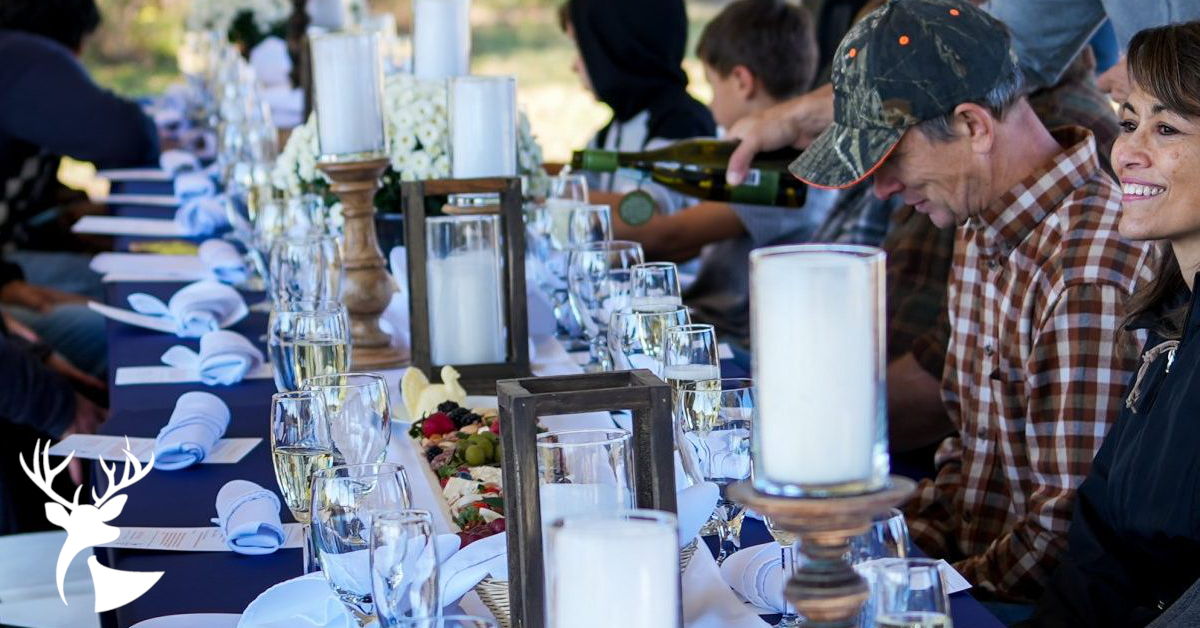
On the Merits of Rural Living
By Richard Meloche | September 26, 2022
“Great care [must] be taken to preserve … the essential elements of what might be called genuine rural culture.”
—Pope Pius XII, Convention of the National Confederation of Farm Owner-Operators (November 15, 1946)
← Return to Musings
On the Merits of Rural Living
By Richard Meloche | September 26, 2022
“Great care [must] be taken to preserve … the essential elements of what might be called genuine rural culture.”
—Pope Pius XII, Convention of the National Confederation of Farm Owner-Operators (November 15, 1946)
Much of who we are, what we do, and how we express ourselves as Catholics is tied inextricably to our ancient, but mostly forgotten, agrarian heritage. One cannot read the Bible, for example, without soon stumbling onto a reference about the land, or farming, or animal husbandry: God is our shepherd (Ps. 23); His chosen people are sheep (Ps. 79); Jesus Christ is the spotless Lamb (1 Pt. 1:19); and the Church is a rich field (1 Cor. 3:9). In fact, the entire narrative of salvation of history – from blessing to blessing, as the Catechism puts it – is bookended by an agrarian reference. The garden, miserably kept and cultivated by the first “tiller,” Adam, is finally restored and regenerated by the new “tiller,” Jesus Christ, who, we are told in the Book of Revelation, reaps a superabundant harvest at the end of time (cf. Rev. 14:17f).
This rich agrarian imagery is subsequently taken up by Sacred Tradition. Many – if not most – of our great teachers and preachers, mystics and martyrs, artists and architects, utilize similar bucolic language. Following the Master Teacher, they often use simple agrarian imagery to express and convey complex supernatural truths. To give but one example, think how commonly the Agnus Dei (Lamb of God) is adorned in our churches, altars, paintings, and prose.
In addition, these rural roots were also once employed to help Christians sanctify time. Each season throughout the year (Spring, Summer, Fall, and Winter) the Church would celebrate the “Ember days” – three days of fasting and prayer. The “Winter” ember days (after the feast of St. Lucia, Dec. 13th) were ordered to a successful seeding of the fields; the Spring ember days were dedicated to a fruitful growing season; the fasting of the Summer ember days was offered for a bountiful harvest; and finally the faithful beseeched the Good Lord with particular devotion during the Fall ember days for the successful fermentation of both grain and grape.
I write all of this as a lamentation of sorts. It is not accidental to our Catholic faith that Jesus Christ, the Holy Scriptures, Sacred Tradition, and historical Catholic practices utilized agrarian motifs. It is a part of who we are as Catholics, and sadly, much of this imagery and symbolism is lost to us. Such imagery can help form our understanding of the mysteries of the Catholic faith and help us live lives of authenticity, intentionality, and joy. It is thus not by accident that the Alcuin Institute for Catholic Culture hosts annually its Martinmas Celebration. Each year, around the feast of St. Martin of Tours (Nov. 11), folks from across the Diocese are invited to experience the simplicity and joy of peasant rural life. We gather in fields or on farms and experience first-hand the robust agrarian imagery that runs throughout Catholic thought and life.
This year is no different. We will all be gathering together on Sat., Nov. 12th to experience a traditional (yet elegant) harvest feast out on pasture while listening to a lively discussion on the merits (and difficulties) of rural living. Br. Joseph Marie from Clear Creek Abbey, Mr. Brandon Sheard, a traditional butcher, and Mr. Ross McKnight, who raises ducks to make foie gras, will be exploring the theoretical importance and practical difficulties of striving for self-sufficiency in the modern-technological age. The conversation will be supported and augmented with an abundance of good wine and locally sourced and raised meats and cheeses. It ought to be a night to satisfy both the intellect and body and give participants a richer – more profound – understanding of our “earthy” Catholic faith. Do consider joining us!
More Reading
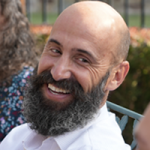
Dr. Richard Meloche serves as the president of the Alcuin Institute for Catholic Culture.


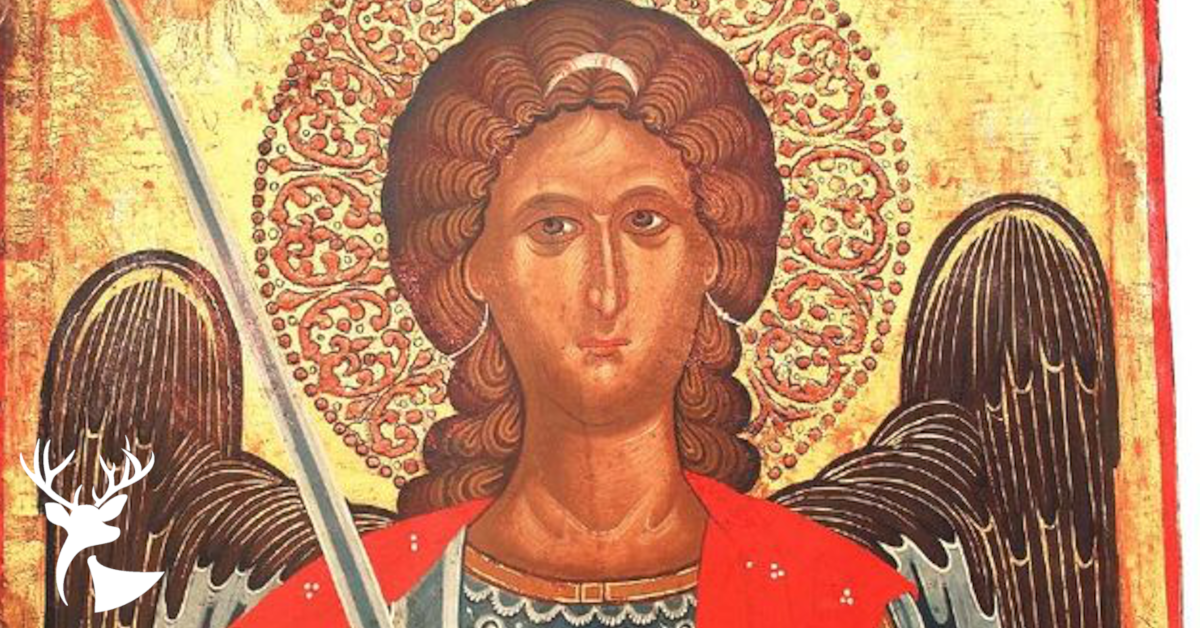
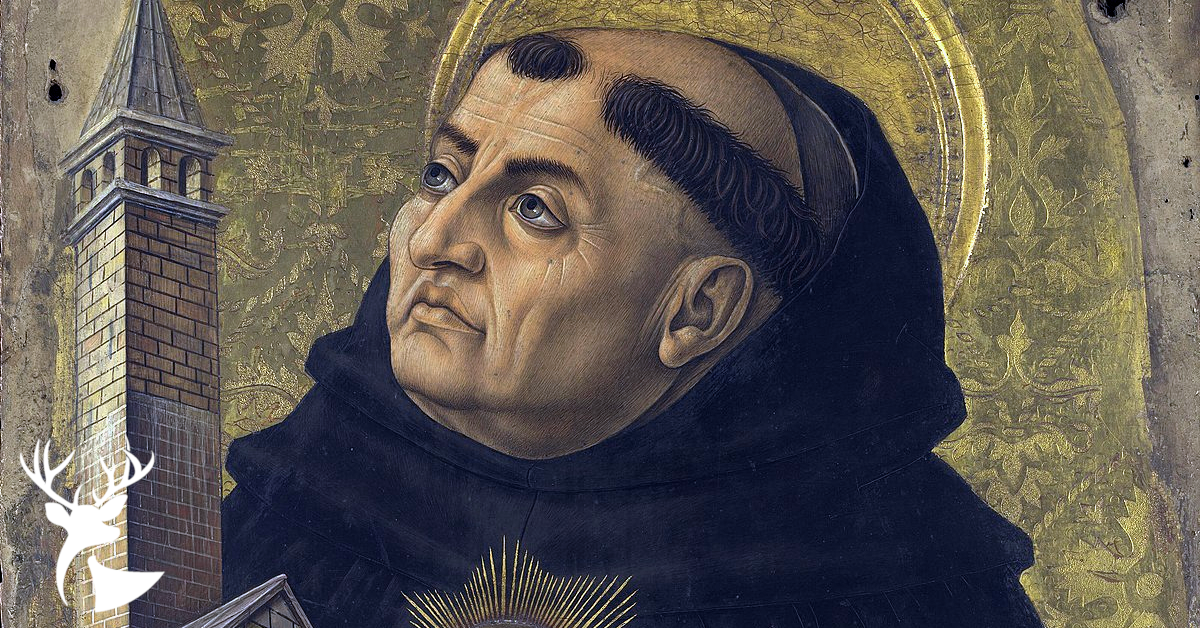
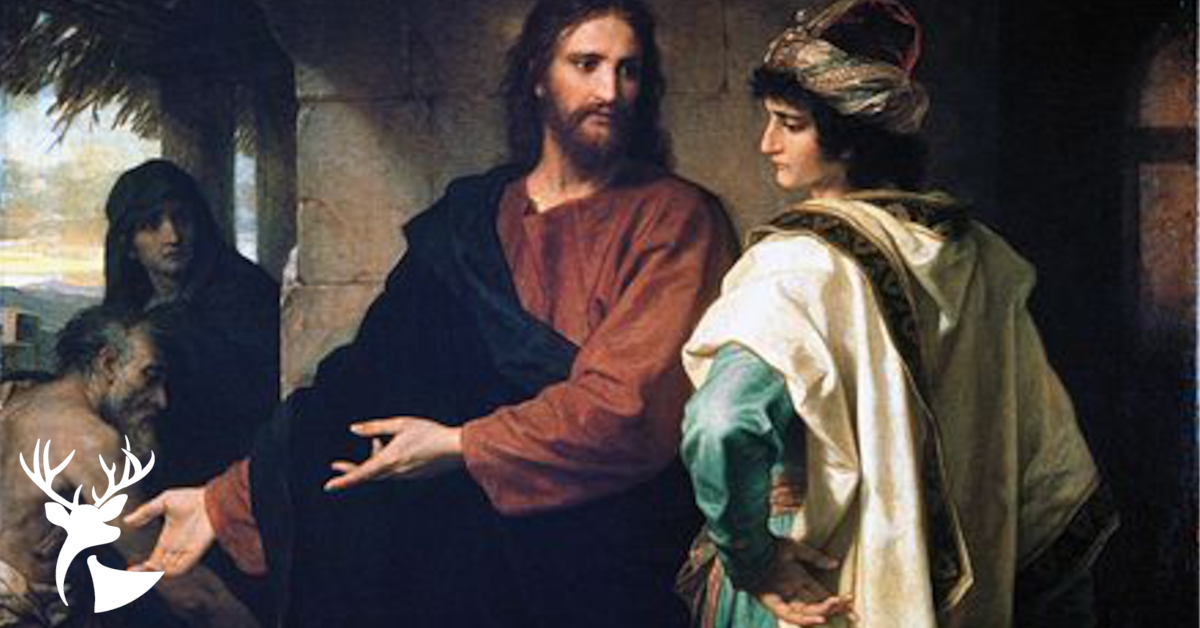
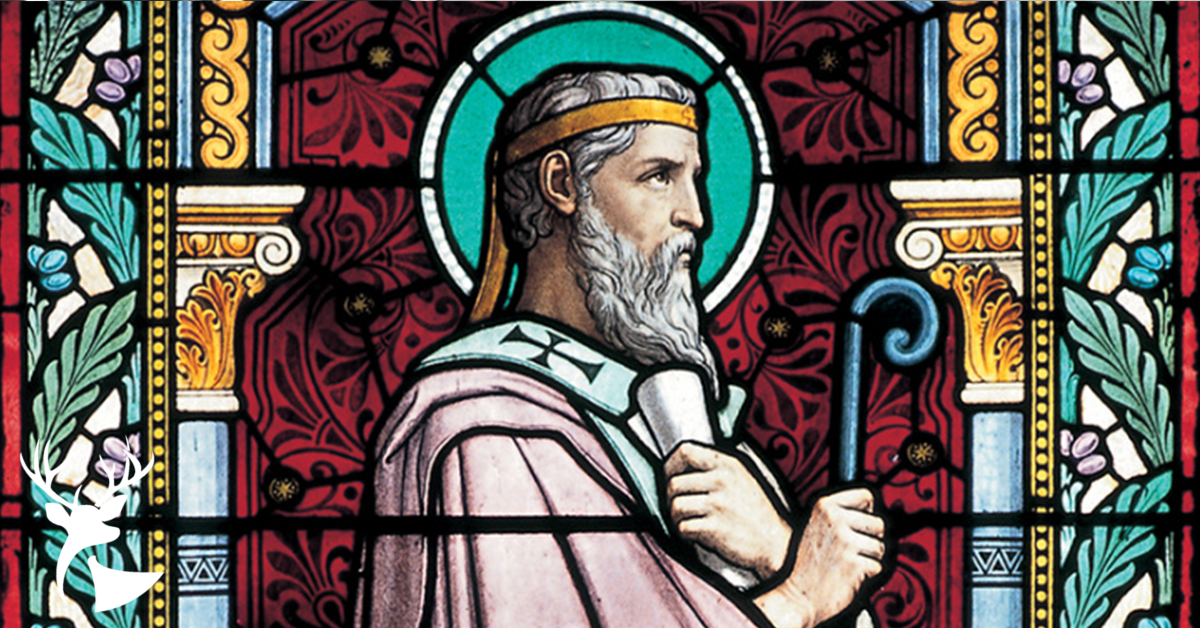
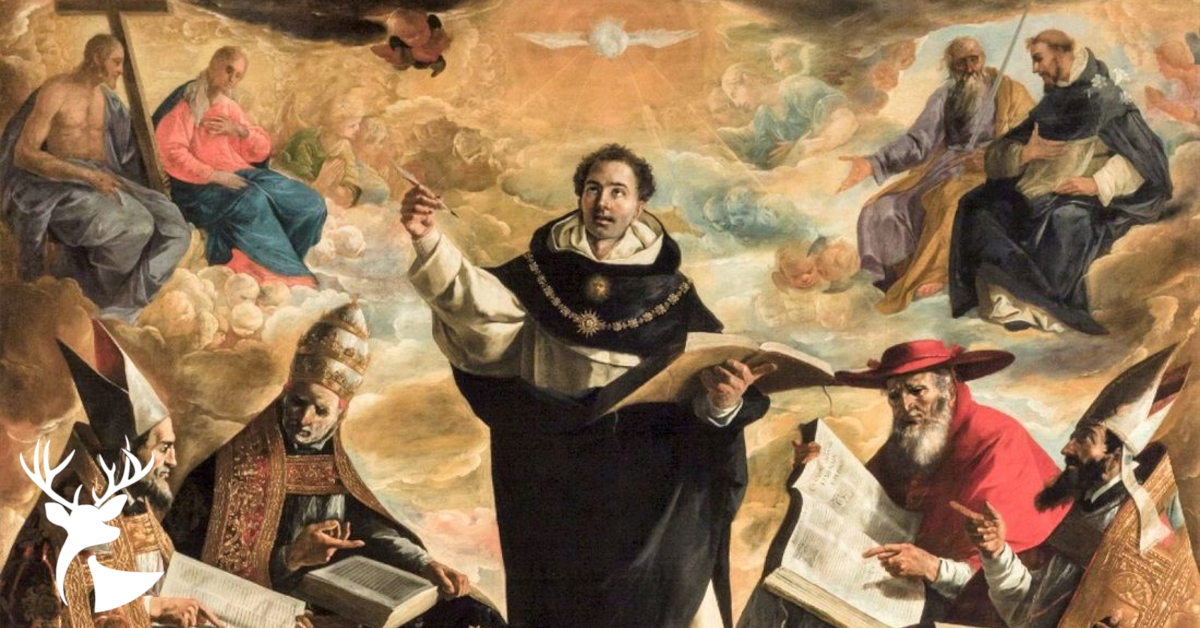

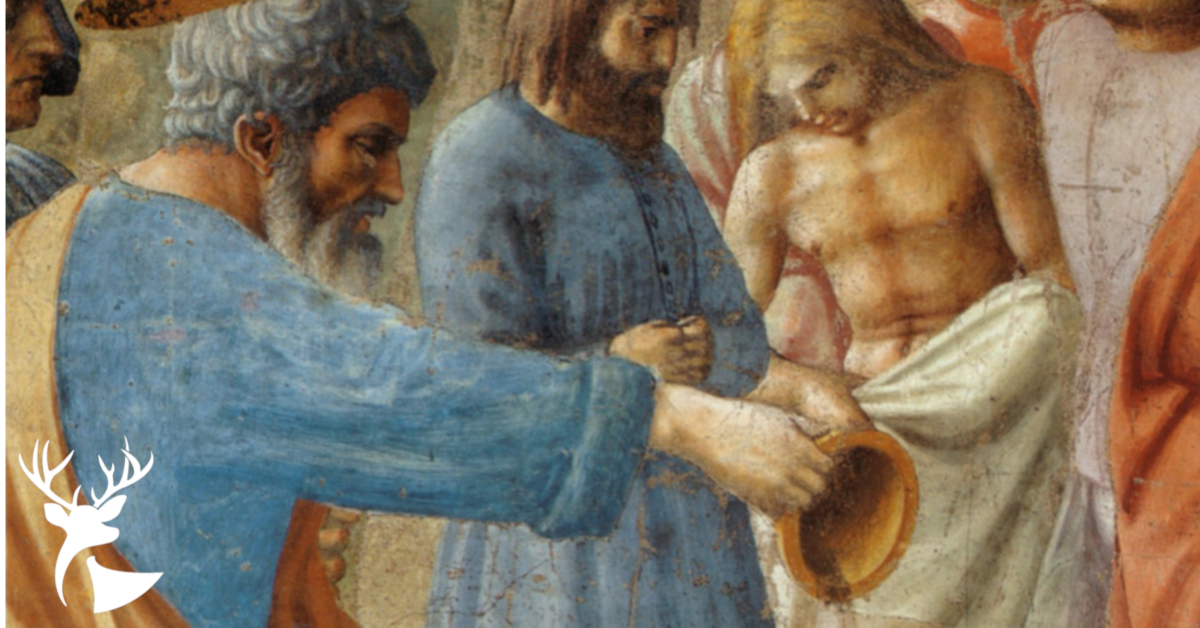
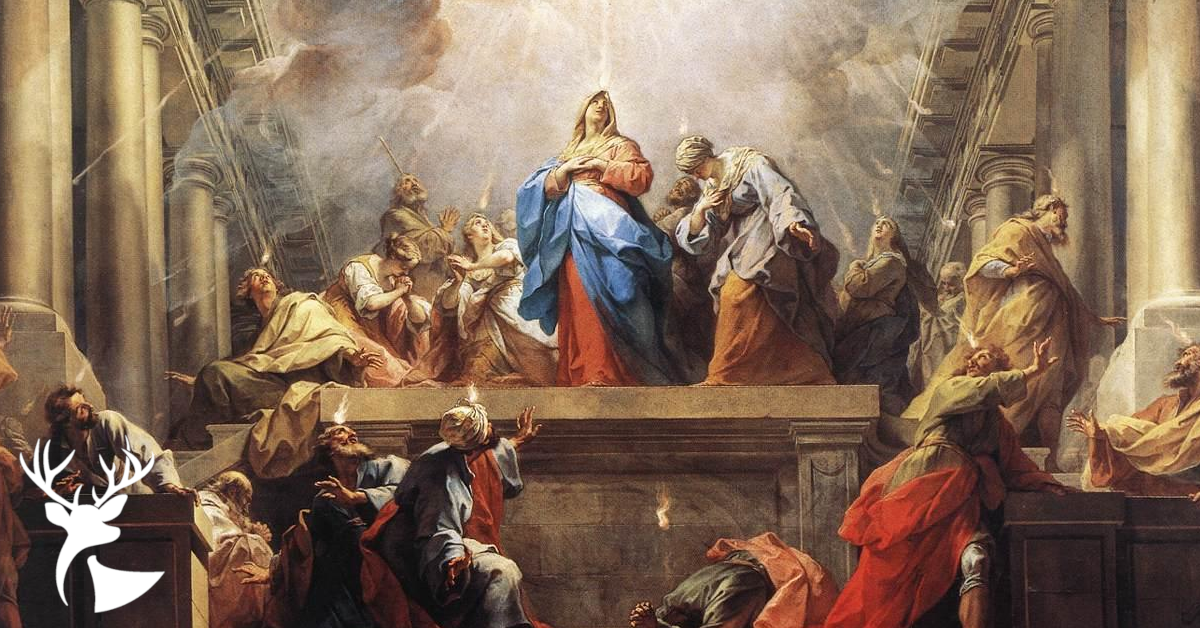
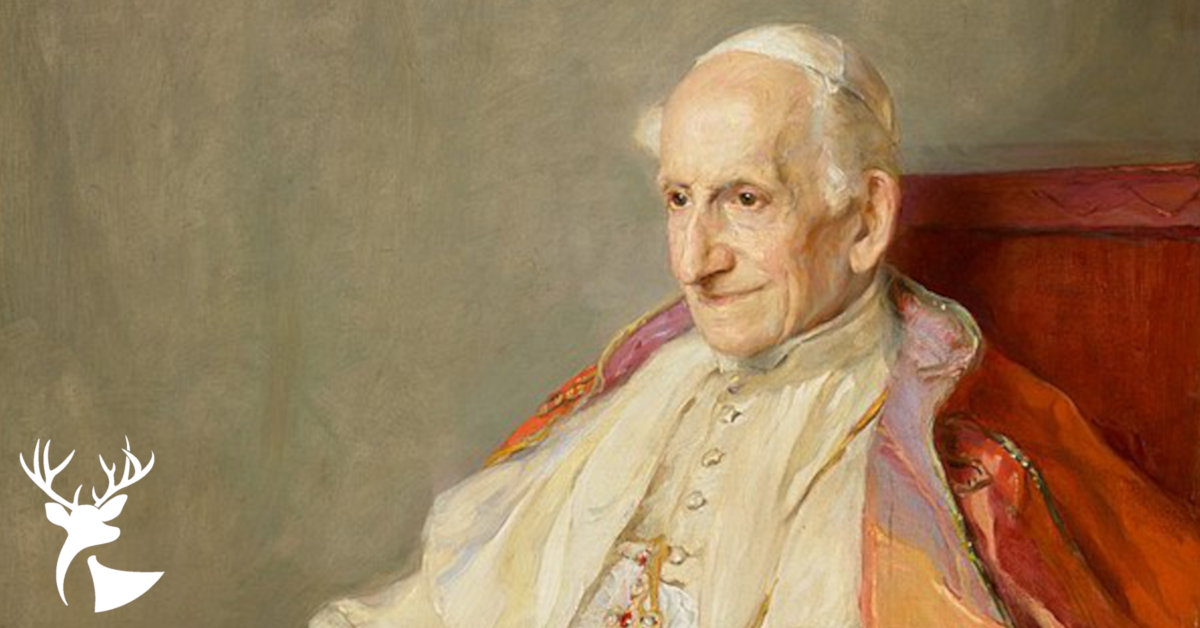
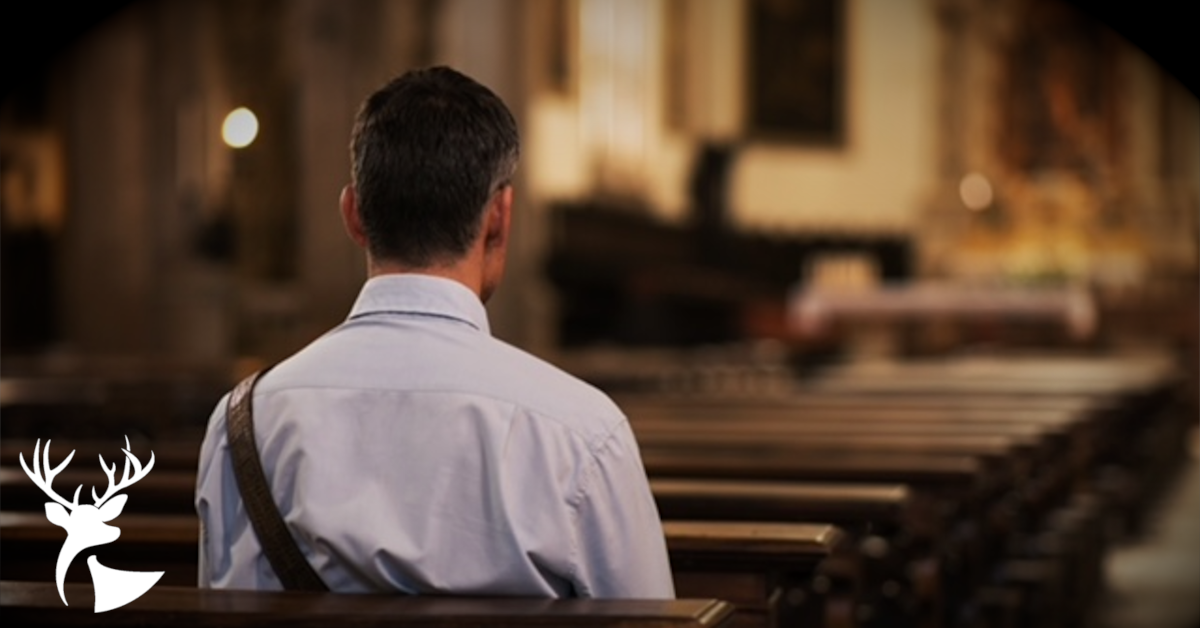
Would love to attend some year, Dr. Meloche!